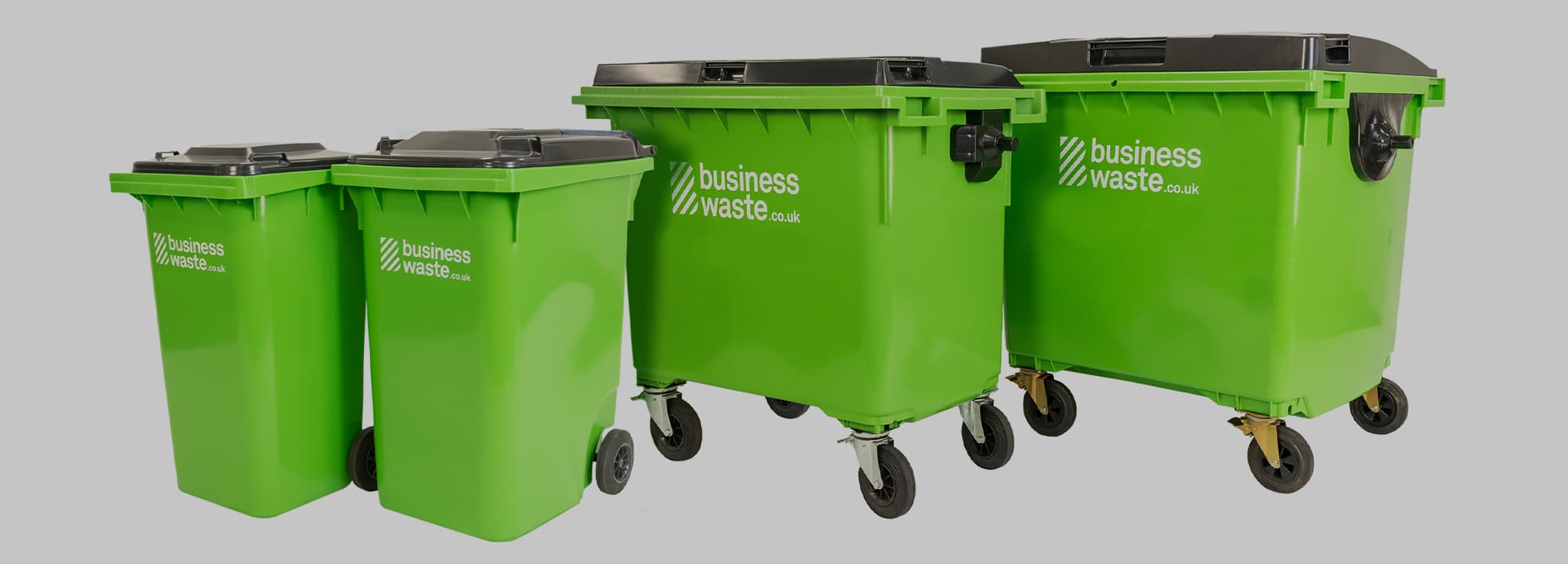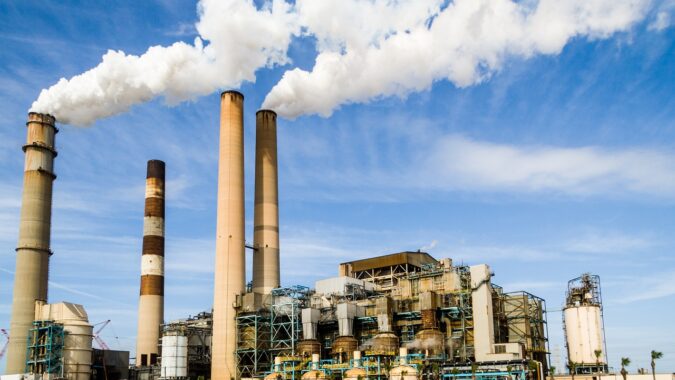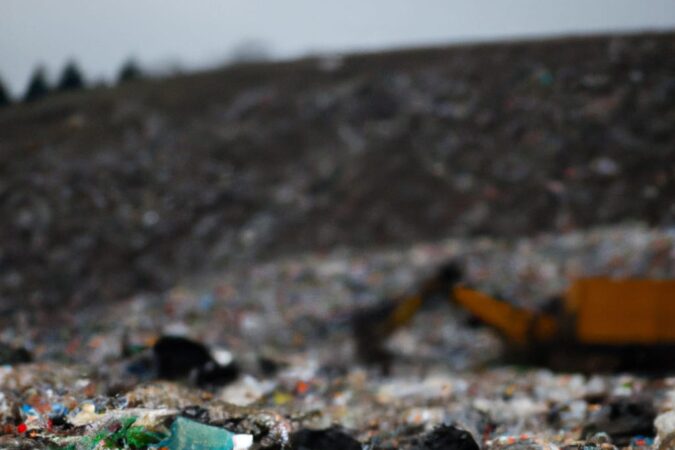
RDF Waste and SRF Waste
Refuse-derived fuel (RDF) and solid recovered fuel (SRF) are renewable energy sources produced from commercial and domestic waste. Not all waste types are reusable or recyclable, so converting waste into RDF or SRF provides a sustainable option for waste management. These form part of the energy from waste process.
Using waste as an energy source is a more sustainable solution compared to sending non-recyclable rubbish to landfill. The UK exports around 1.5 million tonnes of RDF every year, according to data from the Environment Agency. Of this amount England exports around 120,000 tonnes of RDF every month, so there’s a big market.
Learn what RDF is and how it works in the world of waste management in this guide. For help with your commercial waste disposal, including a free quote based on your needs, call 0800 211 8390 or contact us online.

Get a free quote
Get a fast FREE quote for your commercial waste disposal
- Free quote within 1 hr
- Any type of business waste
- FREE bins and delivery
- We cover all of the UK
What is RDF waste?
RDF waste refers to any domestic, commercial, or industrial waste that’s disposed of by being converted into refuse-derived fuel (RDF). This is a process that creates energy from waste that can’t be recycled or reused. RDF waste is municipal solid waste (MSW), which includes non-hazardous, residential, industrial, commercial, construction, and demolition waste.
RDF waste examples can include all sorts of combustible and biodegradable materials. Common examples are food waste, non-recyclable plastics, paper, and cardboard (such as treated, laminated, or contaminated materials). These are processed to create a type of fuel that’s used as an alternative to fossil fuels in power plants and other systems.
What is SRF waste?
SRF waste refers to mainly commercial waste that’s used to produce solid recovered fuel (SRF). This is another type of energy from waste process that converts a wide range of non-recyclable rubbish into renewable energy. SRF waste is very similar to RDF, but it goes through extra processing to create the fuel.
Examples of waste types used to produce SRF mainly include non-recyclable paper, cardboard, wood, textiles, and plastic. All SRF waste must come from non-hazardous types of waste. These are often sourced from commercial waste, rather than domestic and industrial settings that can provide the basis for RDF waste.
What is RDF?
RDF is refuse-derived fuel. This is the actual fuel produced after processing the relevant waste types. Non-recyclable non-hazardous, residential, industrial, commercial, construction and demolition waste are shredded, treated, and compressed to form RDF. It has a high calorific value, stable combustion, low secondary pollution, and low dioxin emissions.
What is SRF?
SRF is solid recovered fuel. It’s the fuel type created after non-recyclable commercial waste is shredded, treated, and compressed. SRF is a more refined fuel that has a high calorific value, low moisture, and low chlorine content. It’s used to generate energy but also in cement kilns and other industrial processes.
How are RDF and SRF
produced and used?
The process to produce and use RDF and SRF follows similar steps:
- Commercial, domestic, or industrial waste is transported to a Materials Recycling Facility (MRF).
- At the MRF all recyclable materials are removed. The rest is shredded, treated, and compressed to form RDF or SRF.
- The RDF or SRF is then incinerated at temperatures of around 850°C and moved to a combustion chamber.
- Oxygen is added and the heat creates steam, which is used to generate power (electricity) or heat.

The difference between RDF and SRF
The main difference between RDF and SRF is the level of refinement needed to produce both fuel types. Both fuels are generally made from the same source materials (non-recyclable rubbish), although SRF is most often created from just commercial waste. It’s the refinement levels that are the main difference between the fuels.
SRF is highly refined and in many cases produced to exact specifications. These are supplied by the companies set to use the fuel to ensure it meets their needs. There’s less refinement required for RDF, so it can be used for a wide array of applications. SRF can also be used in cement kilns, unlike RDF.
Advantages of RDF and SRF
for waste management
RDF and SRF as waste disposal methods have many advantages when you generate rubbish that can’t be recycled or reused. The main advantages of creating RDF or SRF from your rubbish for waste management purposes are that it:
- Reduces the reliance on fossil fuels like coal and oil, which have negative environmental impacts. This helps reduce carbon emissions related to waste disposal.
- Saves landfill space by diverting non-recyclable rubbish away from landfill sites that are already filling up.
- Cuts waste disposal costs for your business. Converting waste into energy means you’ll pay less landfill tax for your waste management costs.
Arrange responsible commercial waste disposal
All waste we collect at Business Waste is diverted away from landfill where possible to help protect the environment and save your company money. We use a wide range of commercial waste disposal methods, depending on the type of waste you need to get rid of. This includes turning waste into energy with RDF and SRF.
Whatever type and amount of waste you’ve got for disposal we provide free bins anywhere in the UK – you just pay for collection. Daily, weekly, and fortnightly collections are available on a schedule to suit your needs. We offer a free no obligation quote based on the type and size of bins, the collection frequency, and your location.
Contact us online or call 0800 211 8390 for your free quote for waste collection and disposal today. One of our friendly experts can explain more about the disposal methods and answer your questions. You also receive a free duty of care certificate confirming the responsible disposal of any waste removed from your premises.
Get a fast and free quote
Get a fast FREE quote for commercial waste disposal
- Free quote within 1 hr
- Any type of commercial waste
- FREE bins and delivery
- We cover all of the UK